Japanese washing powders
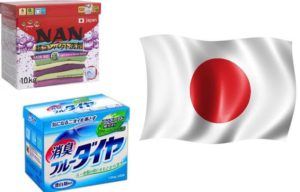 Over the past 5 years, Japanese washing powders and other Japanese hygiene products have been actively promoted in the CIS market. Advertisers, as always, do not skimp on laudatory epithets, vying with each other to talk about the amazing properties of powders from the Land of the Rising Sun. We are not inclined to blindly trust the unfounded statements of people whose main task is to promote a product by any means, so we decided to check this information personally, and at the same time share our conclusions with you on the pages of this publication.
Over the past 5 years, Japanese washing powders and other Japanese hygiene products have been actively promoted in the CIS market. Advertisers, as always, do not skimp on laudatory epithets, vying with each other to talk about the amazing properties of powders from the Land of the Rising Sun. We are not inclined to blindly trust the unfounded statements of people whose main task is to promote a product by any means, so we decided to check this information personally, and at the same time share our conclusions with you on the pages of this publication.
Differences between powders from Japan
In preparation for writing this article, we studied a large number of different Japanese powders and came to the conclusion that they differ quite seriously from those powders produced in the CIS countries and even in Europe. Let's name at least the main differences so that we can have an idea of what we're talking about.
- The composition of powders from Japan is based on natural soap and natural minerals.
- These powders are quite expensive, but highly concentrated, which significantly reduces their consumption.
- Judging by the composition, all the powders from Japan we reviewed are eco-friendly washing powders.
We decided to consider these statements preliminary, at least until we conduct our own tests of Japanese washing powders and consider consumer reviews of these products.
First, let's review several Japanese powders and conduct several test washes to make sure they are effective.
Tools Overview
We decided to start the review with simpler soap washing powders for hand washing, and then gradually move on to more serious and effective Japanese products.But let's not get ahead of ourselves, let's talk about everything in order.
SHABONDAMA SNOUL. This is a powder soap from Japan intended for hand washing delicate items. This product should not be used for automatic washing. SHABONDAMA SNOUL is suitable for washing clothes of newborns and children up to three years old. If we look at the composition of the product, we see that 99% of the substance in the package is crushed and specially processed soap, and 1% is a natural fragrance in the form of a plant extract. Price: $12.60 per 1kg bag.
When you pour this powder soap into water, you understand why it was subjected to special treatment, since the particles dissolve as soon as they touch warm water. The rate of dissolution of particles can only be compared with the rate of dissolution of freeze-dried coffee granules. In just a couple of seconds we get a soap solution in which we soak several children’s T-shirts stained with juice and borscht for 10 minutes, and then wash them. There are no traces left of the juice and borscht.
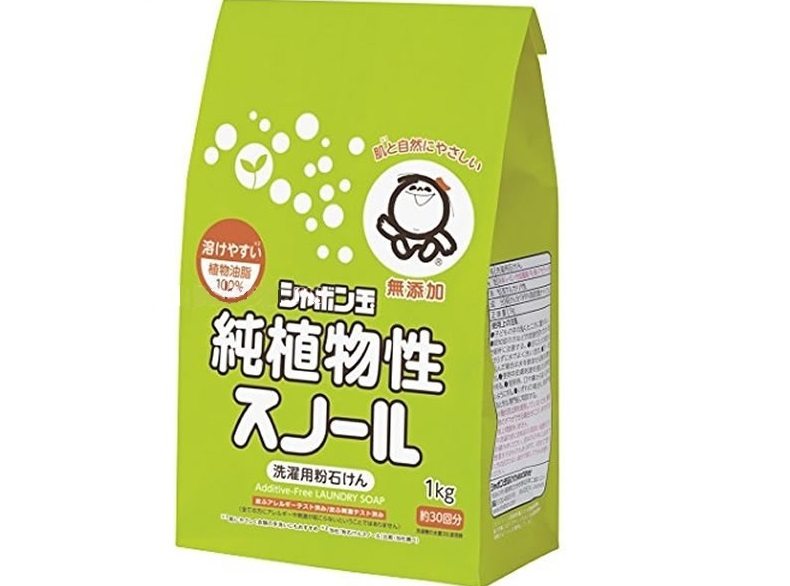
Miyoshi Soap. Another type of powder soap from Japan with a pronounced floral aroma. The product is intended for hand washing only and, according to the manufacturer, is completely safe for human health. Composition: 60% soap, 39.9% alkali (silicates), 0.1% metal ions.
We did not submit this powder for chemical examination, so we were unable to figure out what kind of metal ions these were. Most of the powder consists of completely safe alkali and even safer soap. It washes just as well as the previous soap powder - juice and borscht stains came off from T-shirts immediately, I didn’t even have to work hard. The cost of a 2.16 kg pack is $22.85.
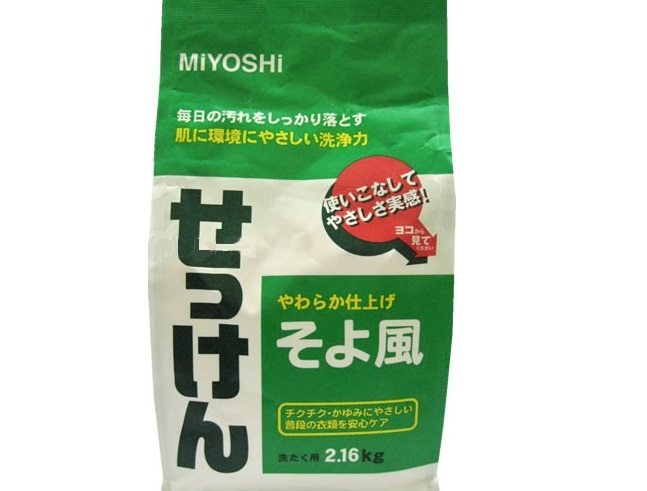
Washen.Highly effective universal synthetic washing powder (concentrate). The manufacturer claims that this powder is suitable for all types of fabrics. You can wash white and colored items with it either in an automatic washing machine or by hand. The powder consists of: 15% anionic surfactant, 30% minerals containing magnesium and calcium, about 55% sodium citric acid. A 3.2 kg pack of powder costs $20.
Powder testing was carried out as follows. Several large rags contaminated with three types of stains were thrown into an automatic washing machine:
- lipstick;
- machine oil;
- fruit juice.
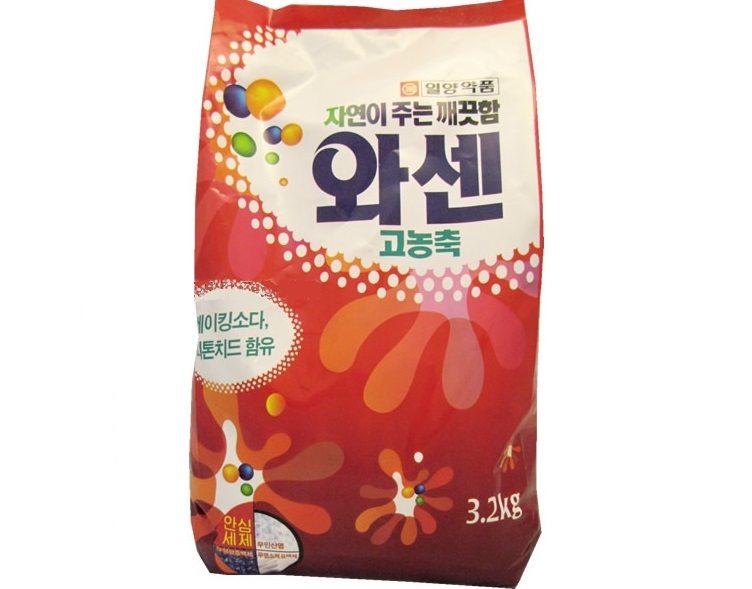
Set the quick wash program for 40 minutes at 40 degrees. The washing machine drum is 3.5 kg, which means, according to the instructions on the package, you need to put 35 g of powder in the powder receptacle, so that’s what we did. As a result, the lipstick and fruit juice were washed off perfectly, but a trace of machine oil still remained, although barely noticeable. We repeated the procedure again, only now the machine oil stain was first rubbed with dishwashing detergent. On the second try everything came off perfectly.
Allone. Korean concentrated universal washing powder with a more complex composition. The powder is multi-component, so we can judge the number of these components only on the basis of information provided by the manufacturer itself. Ingredients: enzymes and sodium sesquicarbonate about 15%, lauryl ether and sodium percarbonate 15%, sodium bicarbonate 30%, the rest is sodium citric acid. In general, there are no dangerous components, half of them are used in the food industry, so draw your own conclusions. The powder can be used in an automatic washing machine.
We conducted a similar test.We also took several rags with three types of stains and set the same washing program. As a result, not a trace remained of the stains. The price for a 4 kg pack is $20.60.
Allone powder removed machine oil without any dishwashing detergent the first time, which suggests that it is more effective than Washen powder.
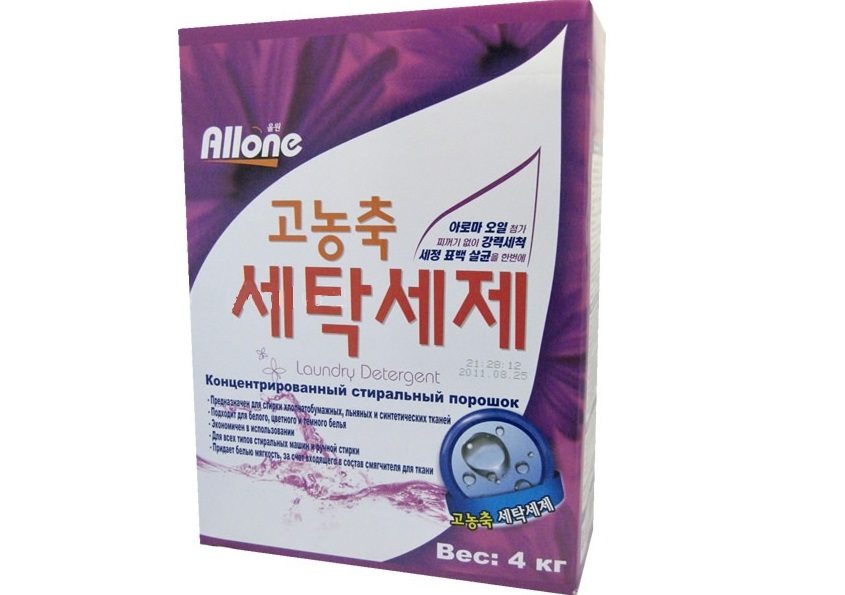
Tokiko Japan. Concentrated bactericidal universal powder from Japan. Can be used for both hand and machine wash. Required powder concentration: 20 grams per 30 liters of water. Ingredients: sodium sulfonate, polyoxyethylene alkylether, sodium carbonate, sodium silicate, sodium sulfate. The components are safe for health. The manufacturer did not indicate the proportions of the components. The average cost is $4 per 1 kg pack.
When dissolved, this washing powder creates an alkaline environment in which bacteria die and dirt is better broken down.
The effectiveness of the powder was tested as in previous cases, lipstick, fruit juice and machine oil were applied to several large rags. We let the stains dry for 3-4 hours and then threw them in the washing machine. The powder was poured according to the rates indicated in the table on the pack. As a result, the rags washed perfectly. Our technician brought children's things from home, stained with felt-tip pens and grass. We washed these things with Tokiko Japan powder, the result was excellent - there were no traces of stains left, we looked specifically under a magnifying glass and nothing.
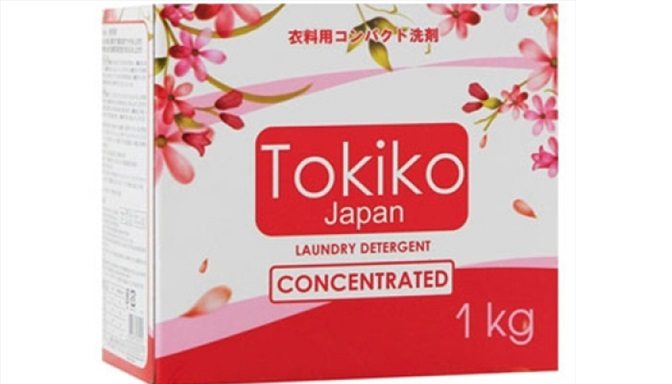
Daiichi Funs. Super effective concentrated washing powder from Japan. Sold in packs of 900 g. According to the manufacturer, the powder effectively breaks down any dirt, leaving the laundry perfectly clean.It is stated that the powder is completely environmentally friendly, but in the composition we see: surfactants, alkali, aluminum salts, stabilizers, oxygen complex, components that protect against re-contamination, fluorescent substances.
It’s not very clear to us how long ago surfactants became an environmentally friendly component; moreover, formulations like “fluorescent substances” leave many questions. It is not at all clear what is hidden under them? It’s probably a mixture of some kind of chemical, it’s impossible to determine without an examination, and we won’t take the word of a foreign manufacturer. In general, the environmental friendliness of the powder is questionable. The average cost of a 900g pack is $6.60.
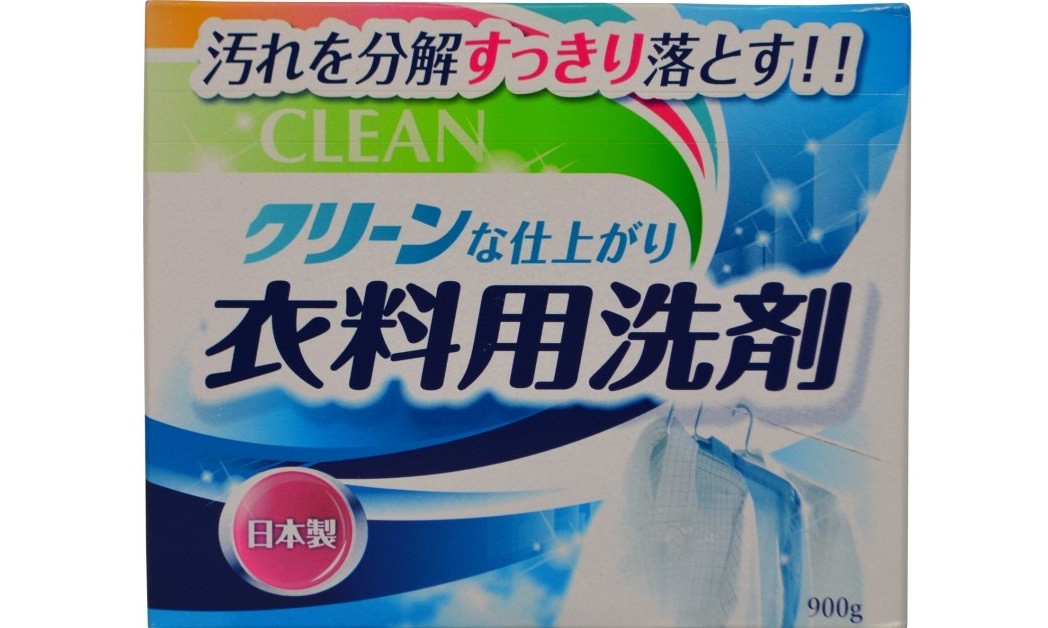
Let's test the effectiveness of the powder. Just like in previous cases, we throw the contaminated rags into the drum. Program 40 minutes 40 degrees. As a result, the washing ended in complete failure, only the juice stain came off normally, the lipstick mark remained visible, and the machine oil did not wash off at all. We repeated the wash with double the amount of powder - the result was not much better, the lipstick was washed off, but the machine oil stain remained in place.
Daiichi Otsu. Powder from Japan concentrated with active oxygen. Suitable for any fabric, even fading ones. The powder can be used for both hand and machine washing. The powder is sold in large boxes of 2.5 kg. According to the manufacturer, the components of the powder easily penetrate between the fibers of the fabric, breaking down dirt and giving the linen the aroma of meadow grass. The cost of a large pack of 2.5 kg is about 10 dollars.
Now about the tests.Our simple tests showed that the powder copes with stains with a C-minus, since it does not completely remove stains from fruit juice and machine oil, but it washes off lipstick without any residue. The environmental friendliness of the powder is also questionable, since it contains unknown components, in particular surfactants, a fluorescent whiteness enhancer, an activator, etc.
This washing powder does not contain phosphates, which is already very good.
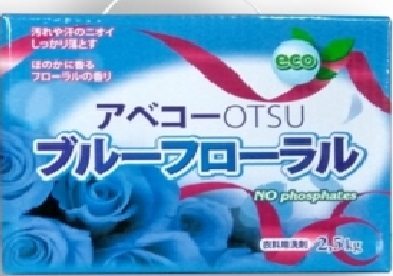
Consumer Reviews
Albina
I bought Japanese soap powder for washing clothes for a newborn, Miyoshi Soap, on the advice of a friend. Right away I didn’t even realize that it was crushed soap; the particles were very small and quite hard - very similar to ordinary powder. Then I poured the powder into a bowl of water, and it became clear that it was soap, although the powder dissolved almost instantly. The baby poop came off easily without any soaking, so I was pleased with the powder. If it were cheaper, I would buy it regularly, but I won’t buy it again, I’ll wash it with baby soap.
Evgenia
My acquaintance with Japanese powders began at the moment when I first fell for advertising on the Internet and ordered myself a pack of Tokiko Japan powder. I was really impressed, because he even washed clothes with old stains that I was going to throw in the trash. Then I decided to try Daiichi Funs, it turned out to be very good too. Now I use these two powders and have no regrets. Compared to what is sold in our stores, Japanese powders are simply gold. I recommend to all!
Alexey Petrovich
2 years ago I decided to give my wife a new washing machine for her anniversary; she had wanted one for a long time. I bought the car, but I also wanted to buy some unusual application for it.I looked on the Internet and immediately came across washing powders made in Japan, I decided to buy a pack of Daiichi Otsu and a pack of Daiichi Funs. The wife was more surprised by this addition to the gift than delighted, but when she tested the powders, her joy knew no bounds. Now she forces me to order these powders all the time, but my wife is not easy to please.
In conclusion, we note that quite often Japanese powders are called not only products produced directly in Japan, but also South Korean and even Chinese powders. In our case, this is not important, as long as the powder is really good. Choose your powder wisely!
Interesting:
Reader comments
- Share your opinion - leave a comment
Categories
Washing machine repair
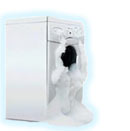

For buyers
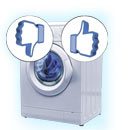
For users
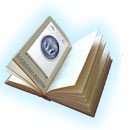
Dishwasher

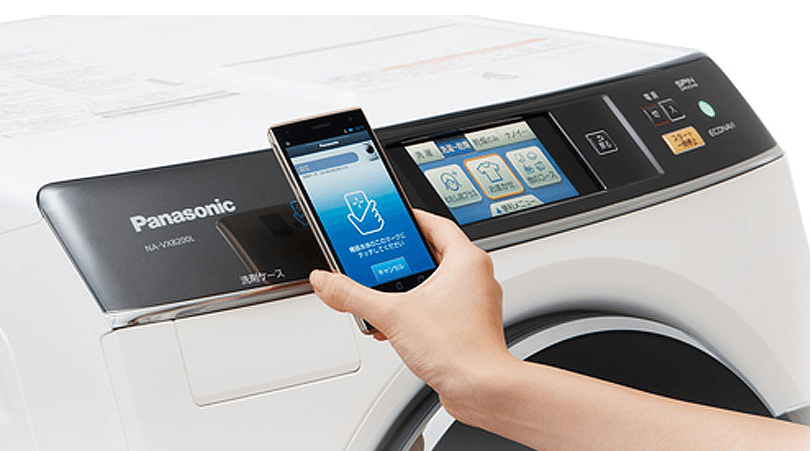
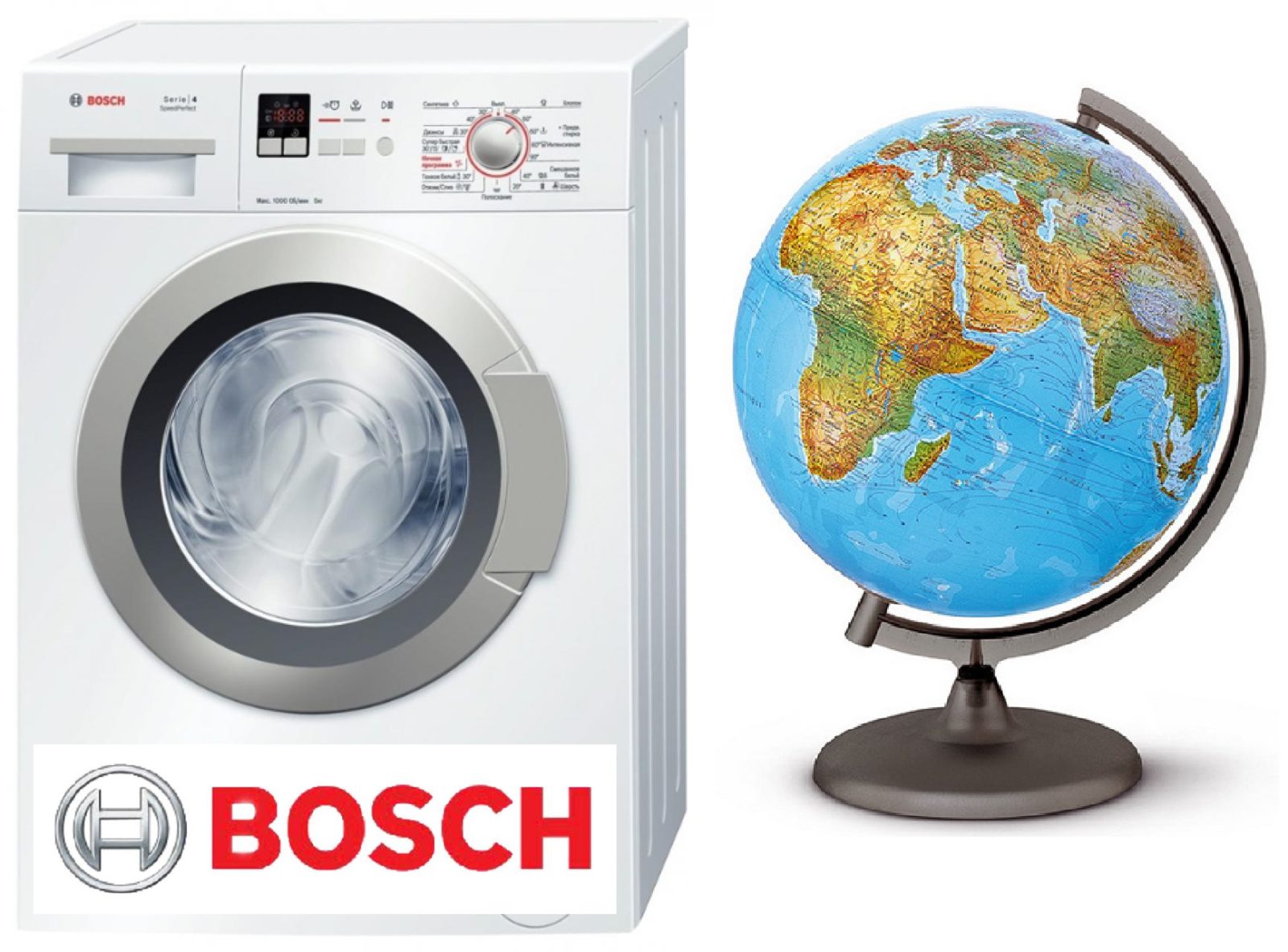
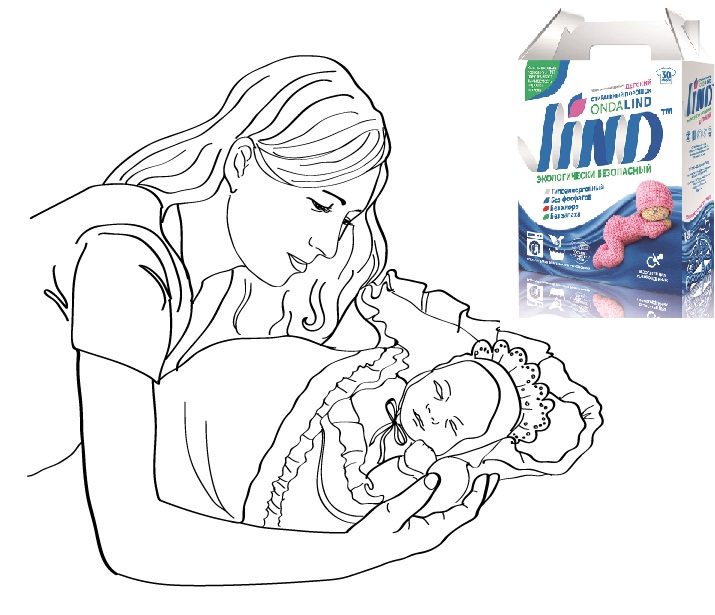


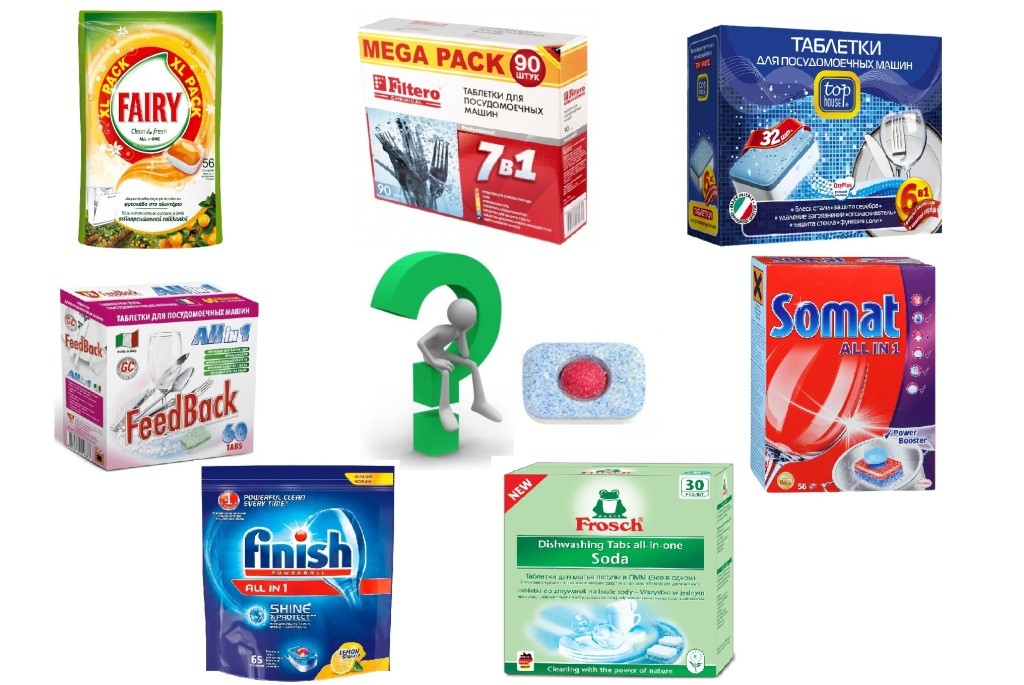
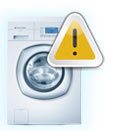
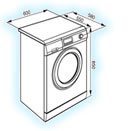
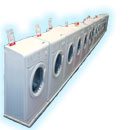
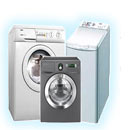
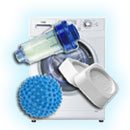
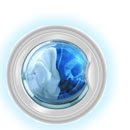
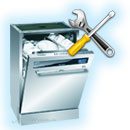
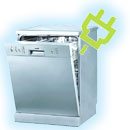

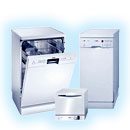
Add a comment